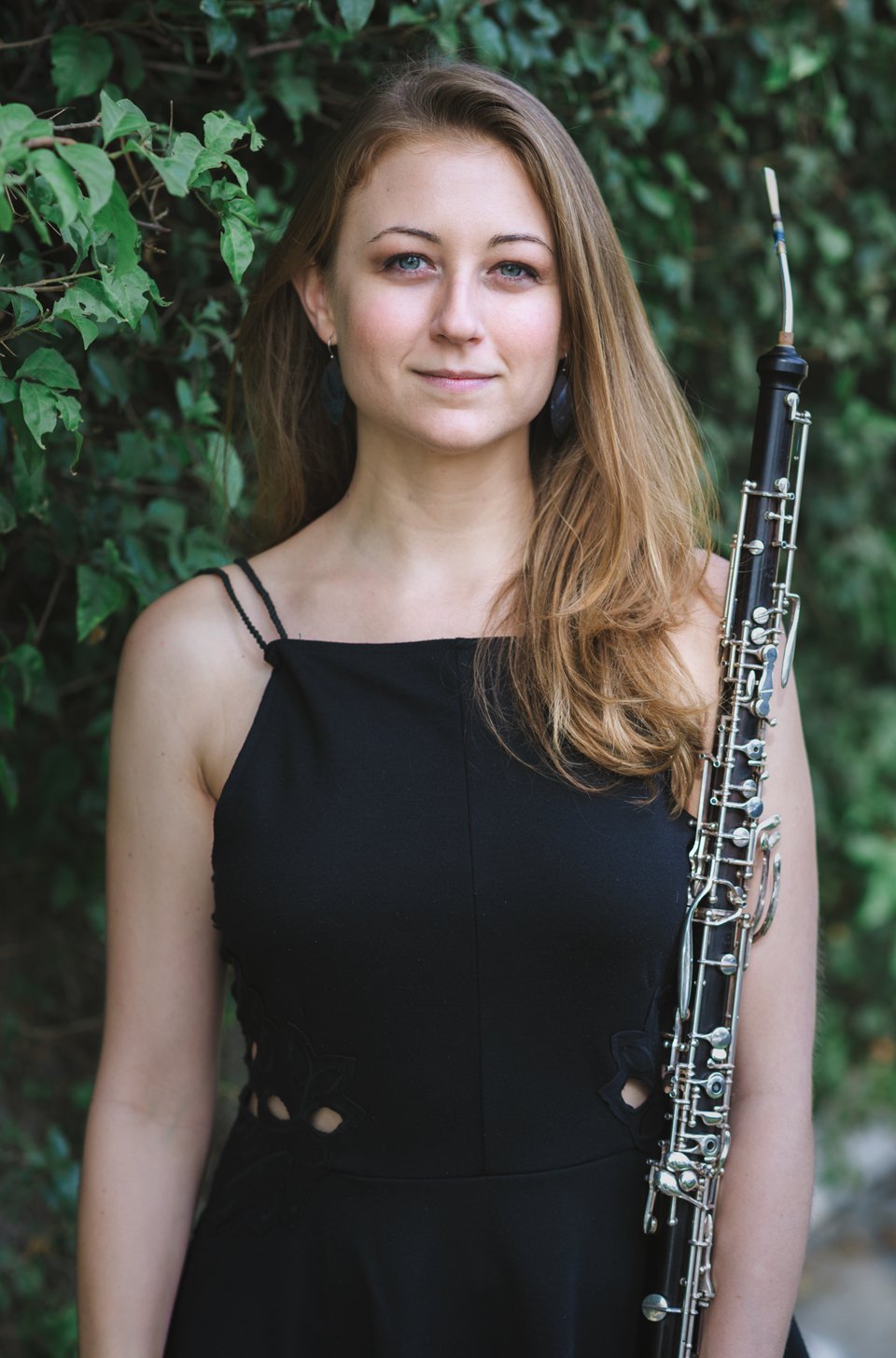By Lian Benasuly
Three years ago, the world seemed to turn upside down as the COVID-19 pandemic hit. At UC Santa Barbara, as elsewhere, it forced students and faculty to shift from in-person to online classes and ways of life. As a result, a striking number of students, faculty and staff suffered a deterioration in their mental health, said Writing Program continuing lecturer Ellen O’Connell Whittet to a UCSB audience last week.
“I certainly saw during the pandemic a fairly major drip in students’ mental wellness, and faculty and staff as well,” O’Connell Whittet said in an online panel about mental health and its connection to the arts. “It was everywhere. Nobody was having an easy time.”
O’Connell Whittet was one of two UCSB faculty members who spoke at the Division of Humanities and Fine Arts spring quarter “HFA Speaks” panel, moderated by HFA web and social media intern Faith Harvey. The other panelist, an oboist and Department of Music lecturer Breana Gilcher, spoke about her experiences as a board-certified music therapist and music instructor at UCSB.
Harvey and her co-interns organized the event, which addressed mental health in order to mark Mental Health Awareness Month.
Arts and humanities have had a transformative and healing effect post-pandemic on UCSB student and faculty mental health, O’Connell Whittet said. Last year, she led a narrative nonfiction writing initiative under the Writing Program to give students the opportunity to create text and multimedia stories about their own pandemic experiences.
“There was something about combining real struggles, lapses in memory, lapses in wellness, suicidal ideation, all sorts of really tough things with the arts, with a structured supportive environment. I think this was really healing for them,” said O’Connell Whittet, who in 2020 published “What You Become in Flight: A Memoir.”
UCSB Writing Program lecturer Ellen Whittet spoke in the Humanities and Fine Arts’ quarterly HFA Speaks panel. The May event focused on mental health and the arts, to mark Mental Health Awareness Month.
She not only believes that students gained mental clarity from the pandemic creative writing initiative, she also said the students helped her grow and learn.
“I learned so much from the students about what they had to overcome, which was really useful for my own classroom teaching, like knowing when students were turning their cameras off on Zoom because they were sharing a room with two other siblings,” O’Connell Whittet said.
Fellow panelist Breana Gilcher also noted a big drop in the mental wellbeing of students and faculty due to the pandemic. Gilcher said she and many others found themselves lacking motivation.
“There was a big drop in all of our mental well-being during the pandemic. It showed up in ways that were kind of unexpected for us artistically,” Gilcher said. “There are a lot of romanticized ideas about how we create through struggle, and these incredible works are born out of these most difficult moments. And yet a lot of us found ourselves in this place really lacking purpose and momentum and meaning.”
Along with the negatives, came new ways to think about creativity and mental health, Gilcher noted.
UCSB Music lecturer Breana Gilcher spoke in the Humanities and Fine Arts’ quarterly HFA Speaks panel. The May event focused on mental health and the arts, to mark Mental Health Awareness Month.
“There was an important lesson to be learned in that. Which is a certain grace given to one’s own artistic process and how it ebbs and flows and how that is normal. We aren’t supposed to be just creating all the time constantly,” Gilcher said.
The pandemic helped her realize the importance of balance in her craft. Before the pandemic, she constantly forced herself to play her oboe.
“During the pandemic, I practiced my instrument less than I probably ever played it in my life and it felt pretty necessary. I realized there were real reasons why I didn’t want to pick it up — and that was okay,” she said. “Since then, I am a lot less attached to this idea that I need to constantly be playing and practicing. I have a lot more of a balanced relationship with it.”
Although mental wellness ebbs and flows, art can help individuals cope with their own mental health issues when they arise, O’Connell Whittet said.
“The ways you cope now and think now about your art and wellness are going to stay with you forever and be really useful for you to come back to in your later adulthood,” she said.
Lian Benasuly is a fourth-year student at UC Santa Barbara studying Communication and minoring in Professional Writing in the Journalism track. She is also a web and social media intern for the Division of Humanities and Fine Arts.



